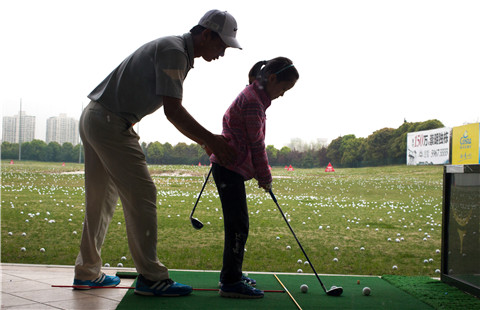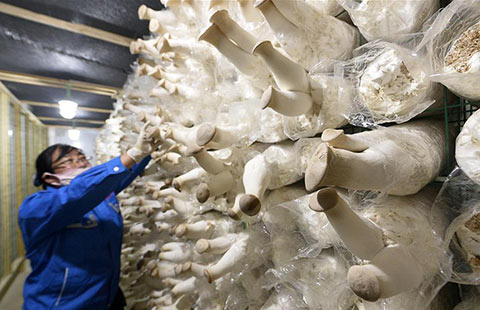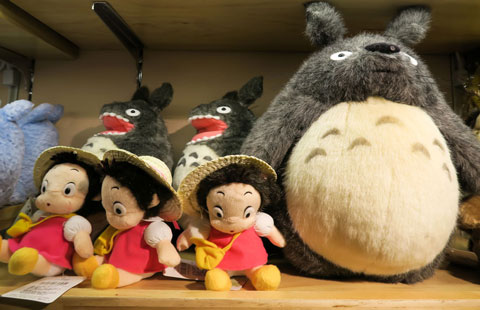

A leading baby formula manufacturer says it opposes the Hong Kong government's proposal to ban all forms of advertising on formula for infants aged 6 months to 3 years old.
The Department of Health launched public consultation on the draft code on Oct 26, pertaining to the marketing and quality of formula milk in Hong Kong. The mandate for the code is "to contribute to the protection of breast-feeding and provision of safe and adequate nutrition for infants and young children aged 36 months or below".
The draft HK Code would forbid distribution of informational materials related to the products to the general public, mothers, pregnant women and health workers.
Mead Johnson Nutrition criticized the authority on Tuesday for ignoring industry voices throughout the drafting process for the HK Code, over the last two years.
Saying the government used the "wrong diagnosis and dosage" to address the issue, Matthew Chapple, senior vice president of Mead Johnson, Greater China, said infant formula promotion is not responsible for Hong Kong's low breast-feeding rate (14.8 percent). He noted that China and South Korea have higher breast-feeding rates, 51 percent and 49 percent, respectively. Infant product advertising for children below 3 years of age is allowed in both places.
Chapple denied his opposition to the draft was motivated by concern over product sales. The ban, he argued, would limit mothers' choices on feeding their babies. He said he agreed with the regulation of nutrition labeling and product quality.
"The problem with the Code is that it is a short-cut regulation that combines three different things that cannot be combined," said Chapple.
He cited a survey conducted by the Hong Kong Polytechnic University (HKPU) in May as evidence. Nearly half of 508 mothers with infants of 38 weeks old or younger, described work as the main barrier preventing them from breast-feeding and the reason for using breast milk substitutes. Physical limitations (39 percent) and lack of public facilities (33 percent) are two other major concerns, he observed.
Only 0.4 percent said the exposure to infant formula advertisements was a reason they chose infant formula, according to the survey.
Commenting on the low breast-feeding rate and shorter duration of breast-feeding in Hong Kong, Chung Kim-wah, director for social policy studies at HKPU, said education and training on breast-feeding is a must to fulfill the recommendation of the Department of Health - exclusive breast-feeding for infants below six months old.
When asked what could be done to facilitate increased breast-feeding, over 60 percent of respondents wanted the government to provide public infrastructure, and over half suggested increased maternity leave beyond the current 70 days.
"As more than 95 percent of respondents acknowledge the benefits of breast-feeding, if there is a friendly social environment and sufficient support, the mothers would opt for breastfeeding," Chung said.
 Purr-fect store: Read books as cats nap on your lap
Purr-fect store: Read books as cats nap on your lap
 Young golfers enjoy the rub of the green
Young golfers enjoy the rub of the green
 Mushroom cultivation bases established in Ningxia
Mushroom cultivation bases established in Ningxia
 Shanghai Disneyland starts soft opening on Saturday
Shanghai Disneyland starts soft opening on Saturday
 Teapot craftsman makes innovation, passes down techniques
Teapot craftsman makes innovation, passes down techniques
 Top 8 iOS apps recommend for Mothers
Top 8 iOS apps recommend for Mothers
 Japanese animator Miyazaki's shop a big hit in Shanghai
Japanese animator Miyazaki's shop a big hit in Shanghai
 Top 5 smartphone vendors worldwide
Top 5 smartphone vendors worldwide
 China's manufacturing activity expands at slower pace
China's manufacturing activity expands at slower pace

